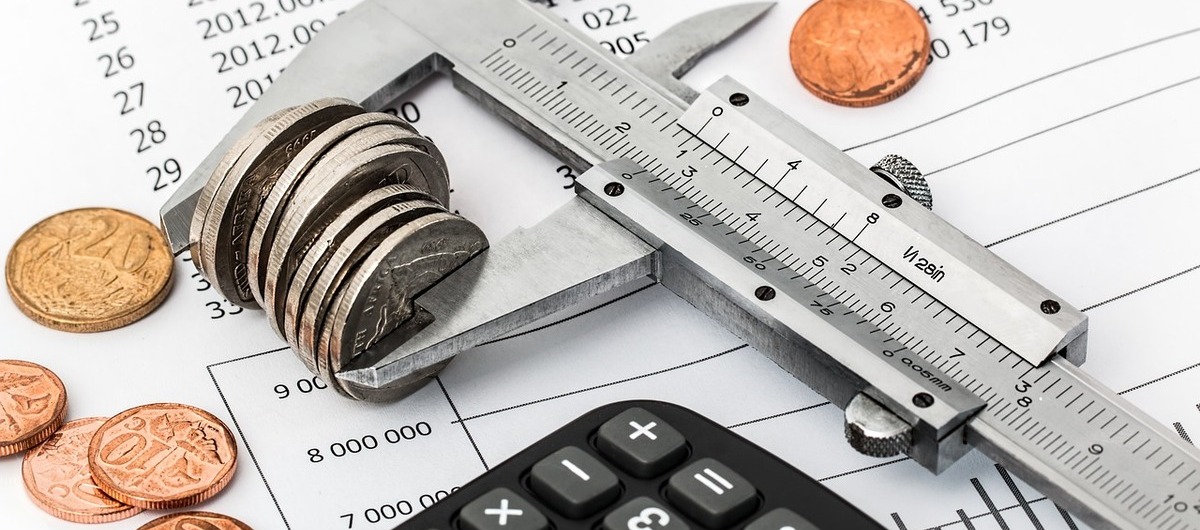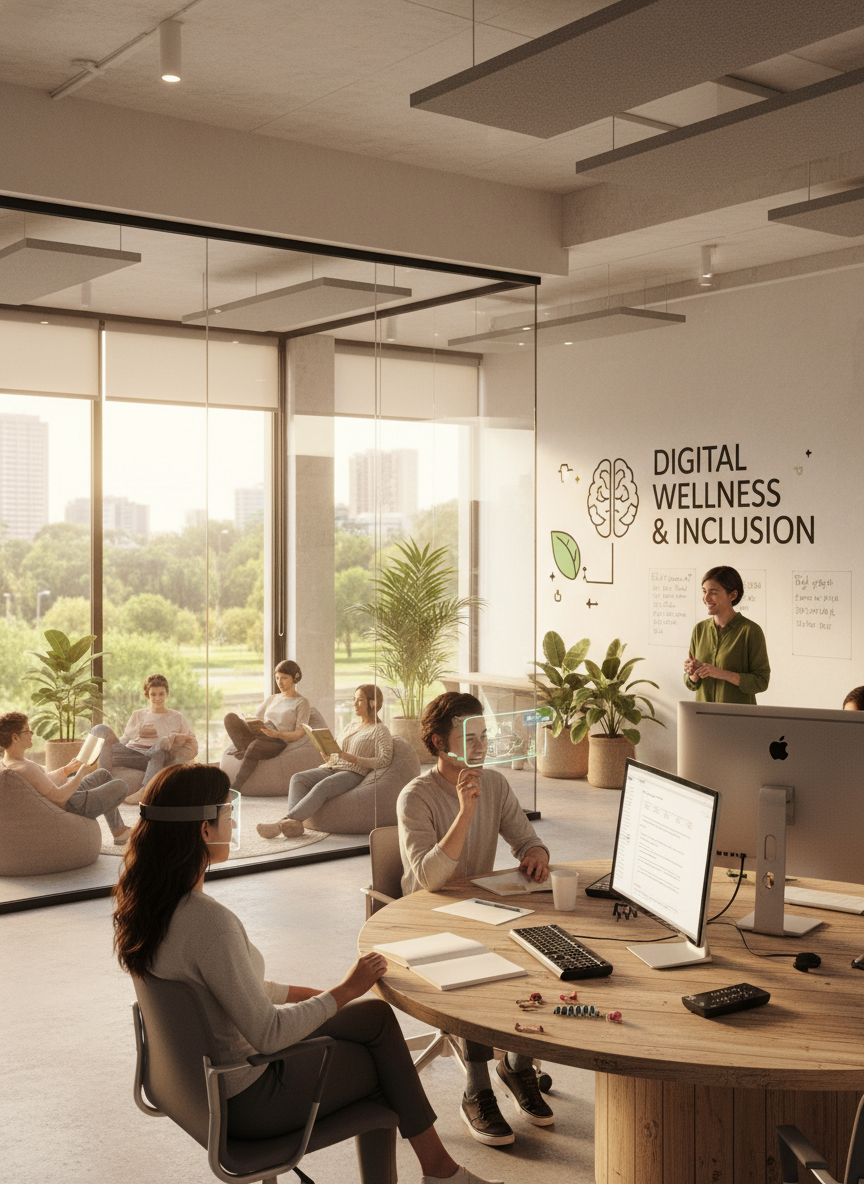The importance of freelance deductions is a topic that often goes unnoticed. However, it can mean big savings on your tax return. Many freelancers don’t know what expenses a freelancer can deduct, and end up paying more tax than necessary.
In this Befree blog post we talk about some of these deductions that freelancers in Spain can apply. This way you can make sure you don’t miss out on any opportunities to reduce your tax burden and maximise your profits.
1.- Expenses for supplies
The expenses for supplies also include the costs of water, gas and electricity used in the development of the professional activity in the case of working from home. It is important to bear in mind that, in order for these expenses to be deductible, a space must be available for work within the home. For example, a room or space dedicated exclusively to work in which these services are used.
In addition, utility expenses also include internet and mobile or landline telephone services, as long as they are used for business purposes. In the case of mobile phones, personal calls must be separated from business calls in order to be able to deduct only work-related expenses. On the other hand, if you have contracted a specific data plan for work, you can also deduct the corresponding amount.
Finally, expenses related to tools that require energy consumption should be taken into account. This includes computers, printers, scanners, etc…. In this case, you can deduct the expenses corresponding to the electricity consumption of these tools, as long as they are used for professional purposes. It is important to keep the invoices and receipts for the supplies in order to be able to justify the expenses in the event of being required to do so by the tax authorities.
2.- Transport and accommodation expenses
On the other hand, transport expenses are also deductible as long as they are related to the professional activity. Deductible transport expenses include petrol, tolls, parking, taxis and public transport used to travel to meetings with clients or to carry out other work-related activities. In the case of using your own vehicle, you can deduct the cost of mileage incurred for professional activities. This can be calculated using the distance travelled and the cost per kilometre that has been established.
It should be noted that in order to be able to deduct these expenses, it is important that they can be supported by documents proving their connection with the professional activity. For example, you can keep invoices from petrol stations or toll invoices, or in the case of public transport, the tickets or transport passes that you have used. In addition, if you use your own vehicle, it is important to keep a detailed record of the journeys you have made, including the date, destination, reason for the journey and the number of kilometres travelled.
3.- Training expenses
Perhaps the most unknown of the expenses that a freelancer can deduct. Training expenses are an excellent opportunity to improve the skills and knowledge necessary to develop a successful professional activity. If you are a freelance worker, these expenses can be deductible as long as they are related to the activity you are carrying out. To do this, it is important to ensure that the content of the courses, workshops or conferences are directly related to your field of work.
Training expenses that may be deductible include tuition fees, the materials necessary to follow the course, such as books, notes, tools, specific software, among others. In addition, expenses arising from travel or accommodation during the training may also be deductible, as long as they are strictly necessary to attend the training. Therefore, it is important to bear in mind that training expenses are an investment in the professional career of the self-employed and, at the same time, an opportunity to obtain tax benefits.
4.- Accommodation and living expenses
To finish with the list of what expenses a freelancer can deduct, there are accommodation and living expenses. These are one of the most important deductions for freelancers who need to travel to other places. It is important to bear in mind that these expenses are only deductible if they can be justified with invoices or receipts and as long as the worker is actually working at the destination. Furthermore, these expenses can only be deducted for the time necessary for work and not for additional days of leisure or rest. If the employee can correctly justify these expenses, he can obtain important tax benefits that will help him to reduce his taxes.
In order to deduct these expenses, the corresponding invoices must be kept. In addition, it is essential that they include the concept of accommodation or meals, the date and place of issue and the name and tax identification number of the company. It is also necessary to be able to justify that the expenses correspond to journeys necessary for the professional activity. It is therefore advisable to keep a record of the journeys made.






